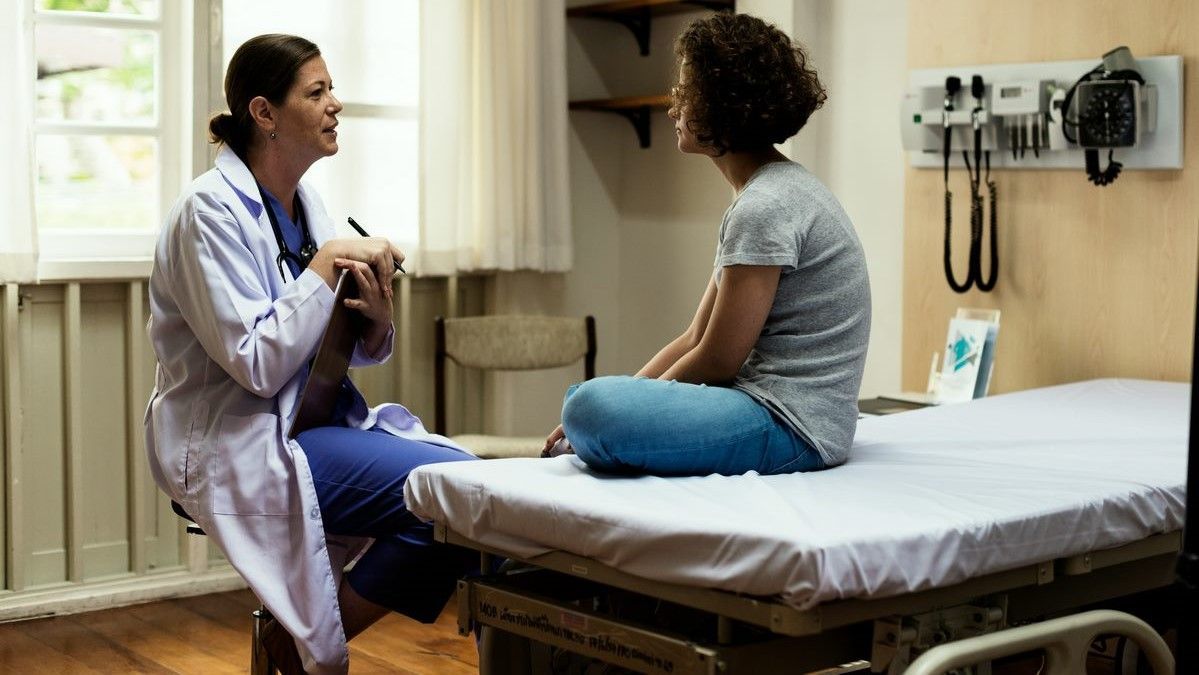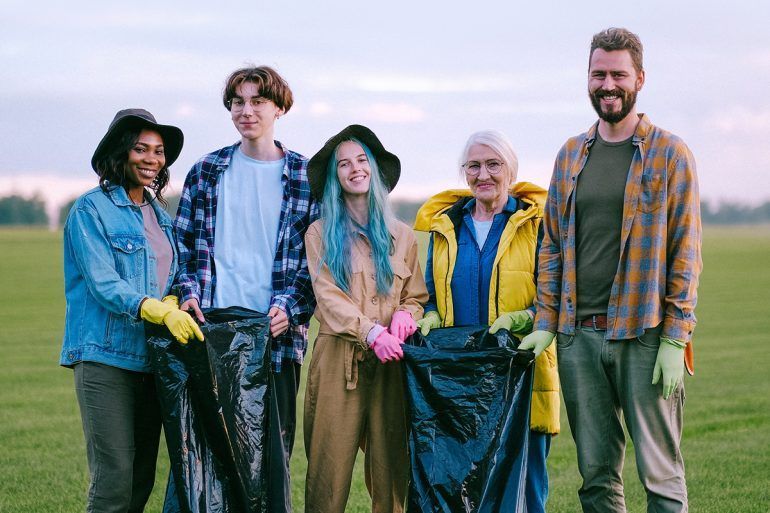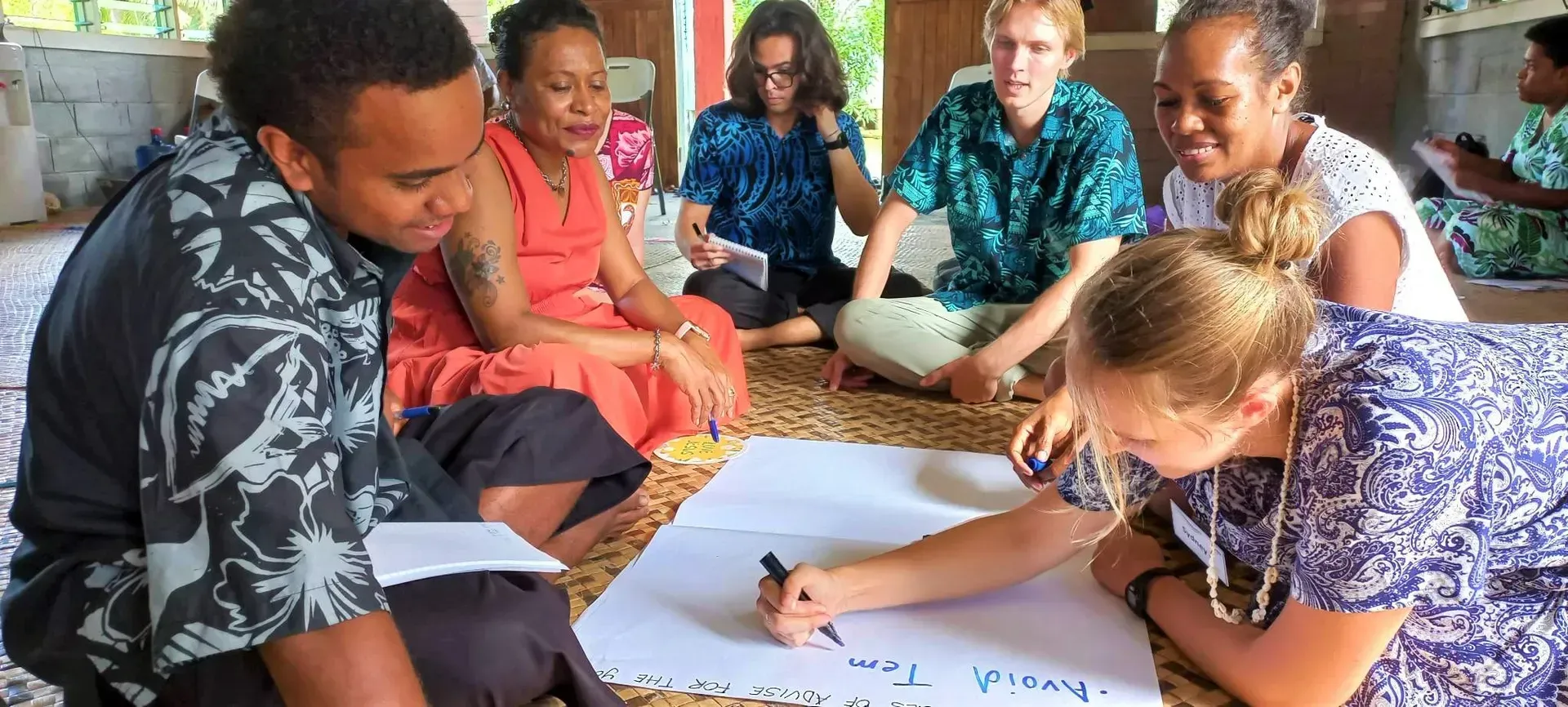Do Volunteers Need to Pass a Health Check or Screening?
TLDR;
Yes, volunteers often need to pass a health check or screening before starting their roles, especially when working with vulnerable populations like children, patients, or the elderly. These screenings ensure safety, legal compliance, and the physical and emotional readiness of volunteers. Requirements vary by organization, role, and state regulations, but health checks are an important step in responsible volunteer management.
Understanding Volunteer Screening: Health Checks vs. Background Checks

Volunteer screening includes two major components: health checks and background checks. Each serves a distinct purpose, but both protect organizations, volunteers, and those being served.
Health Checks for Volunteers
A health check assesses whether a volunteer is fit to safely perform their duties. Organizations that serve vulnerable populations or operate in healthcare environments require specific medical clearances.
Typical health screening components include:
- Immunization verification such as MMR, Tdap, Varicella, and flu shots
- Tuberculosis (TB) test results
- Physical examination or physician clearance
- Health questionnaires related to contagious illnesses or chronic conditions
- COVID-19 vaccination or screening (when relevant)
Hospitals, nursing homes, and clinics often require these to comply with state health codes and protect patients from exposure to infectious diseases.
Background Checks for Volunteers
A background check ensures the volunteer has no criminal or misconduct history that could pose a risk. Many organizations implement
background screening for volunteers to verify trustworthiness and maintain safety in community programs. This includes:
- Criminal record checks
- Sex offender registry searches
- Driving record reviews for transport-related roles
- Reference checks for reliability and professionalism
Together, background and health screenings create a comprehensive risk management process.
Why Health Checks and Screenings Matter

Health checks protect everyone involved in volunteer programs. They demonstrate a commitment to safety and professionalism.
Key reasons these checks are essential:
- Protection of vulnerable groups: Prevents disease transmission to children, patients, or seniors.
- Volunteer safety: Identifies conditions that may put a volunteer’s health at risk during physical tasks.
- Compliance with laws and policies: Many states, including Texas, require screenings for certain volunteer roles in healthcare and child services.
- Organizational reputation: Demonstrates that the nonprofit or company follows responsible volunteer management practices.
Clean UP USA supports organizations that uphold high safety standards. Volunteer readiness, both physically and mentally, is part of building a safe and dependable service environment.
Legal and Regulatory Framework in Texas

Texas has established regulations that guide volunteer screening in healthcare, education, and social services.
Texas Health and Safety Code
- Requires medical clearance and TB testing for volunteers in hospitals and long-term care facilities.
- Encourages vaccination documentation for those interacting with patients or residents.
Texas Health and Human Services (HHS)
- Enforces background and health screening for volunteers in facilities supporting vulnerable populations, such as child-care centers or assisted living communities.
Texas A&M AgriLife Extension Standards
- Mandates volunteer screening every three years.
- Differentiates between “direct” and “indirect” volunteer roles. Direct volunteers require more extensive background and health verification.
These frameworks reflect a consistent theme: screening isn’t about excluding people but ensuring public trust and safety.
Typical Health Screening Requirements for Volunteers

Different volunteer roles call for different health verifications.
Immunizations and Tests
Common requirements include:
- Measles, Mumps, Rubella (MMR)
- Varicella (chickenpox)
- Tdap (Tetanus, Diphtheria, Pertussis)
- Influenza (seasonal flu)
- Tuberculosis (TB) screening
- COVID-19 vaccination or waiver
Healthcare organizations like Texas Health Resources and UToledo Health use similar checklists for volunteers in clinical environments.
Health Questionnaires and Physical Exams
Some organizations require volunteers to complete a basic health questionnaire. This helps identify conditions that might interfere with service, especially for physically demanding roles.
Drug Screening and Substance Policies
Certain programs, particularly in healthcare and public safety, require drug testing. This ensures volunteers meet safety and ethical standards for their environment.
When Health Checks May Not Be Required
Roles that involve limited public contact, such as remote administrative support or short-term event volunteers, might not require full medical clearance. The key factor is the level of risk associated with the role.
Role-Based Screening: Matching Requirements to Volunteer Duties

Volunteer health checks should match the level of risk tied to the volunteer’s responsibilities.
Direct Contact Roles
Volunteers who work with patients, children, or the elderly must undergo full health screening. This ensures they pose no medical risk and are physically prepared for the role.
Indirect Contact Roles
Volunteers handling administrative work or logistics may require only background checks.
Risk Assessment Approach
Organizations often use a risk model that includes:
- The type of contact (direct or indirect)
- The population served
- The physical and environmental demands of the role
For example, a hospital volunteer transporting patients would need full medical clearance, while a fundraiser volunteer managing online campaigns would not.
Benefits of Requiring Health and Background Screening

Comprehensive screening programs bring several advantages to organizations and volunteers alike.
For Organizations
- Protects clients and staff from preventable health risks
- Reduces legal exposure by showing due diligence
- Builds community trust and confidence
For Volunteers
- Confirms they are physically and mentally prepared
- Enhances their credibility and sense of professionalism
- Provides peace of mind when working in sensitive environments
Clean UP USA encourages organizations to implement structured screening systems to promote safety and accountability.
Challenges and Objections to Volunteer Screening

While important, screening can raise concerns.
Cost and Logistics
Some small nonprofits worry about expenses or logistics associated with medical and background checks. Many health departments or clinics, however, offer low-cost services for volunteers.
Volunteer Resistance
Volunteers sometimes question why a health check is necessary if they are not employees. It helps to communicate that screening protects everyone involved and fulfills legal obligations.
Privacy Concerns
Organizations must handle health and background data confidentially. Secure record-keeping systems and limited access policies maintain volunteer trust.
Balancing compliance with accessibility ensures programs remain welcoming while prioritizing safety.
Best Practices for Implementing Volunteer Screening Programs

Effective screening requires a clear, repeatable process.
Develop a Written Policy
Include both health and background screening details. Define which roles require what level of clearance.
Integrate Screening into Onboarding
Screening should occur early in the application process. A typical sequence:
- Volunteer applies
- Interview or orientation
- Health and background checks
- Approval and placement
Maintain Privacy and Security
Store health data in secure systems and limit access to authorized staff.
Re-screen Regularly
Renew health and background checks every one to three years depending on role sensitivity.
Educate Volunteers
Explain why screening is important and how it benefits everyone. Volunteers who understand the reason are more likely to cooperate willingly.
FAQs About Volunteer Health Checks and Screening
Do all volunteers need a health check?
Not all. Only roles involving close contact with vulnerable populations or healthcare settings typically require one.
Is a TB test mandatory for every volunteer?
No. TB testing is generally required only in medical or care-related environments.
What if a volunteer cannot find vaccination records?
They may need to get re-vaccinated or provide a physician’s statement confirming immunity.
Can volunteers be asked to pay for their screening?
Policies vary. Some organizations cover the cost, while others ask volunteers to pay and later reimburse.
How often should screenings be renewed?
Every one to three years, depending on the role and organizational policy.
Support CleanUP SCAN ME











